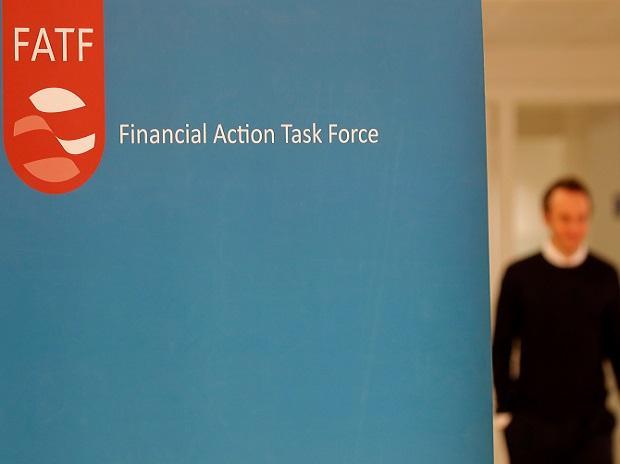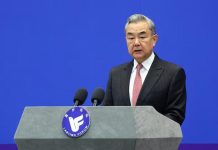Africa-Press – Mauritius. Mauritius has been taken off the grey list by the Financial Action Task Force (FATF), an inter-governmental body that sets anti-money laundering standards, while acknowledging the progress the island nation had made in its fight against money laundering and terrorist financing (AML/CFT) in the past few months.
FATF has retained Pakistan in the grey list, saying the country had made good progress in tackling most of the action plans, but needs to further demonstrate that investigations are being pursued against senior leaders of terror groups and organised criminals are being prevented from profiteering.
Mauritius was put on the list by FATF in February 2020, and that had a significant impact on its credibility as a prudent and compliant jurisdiction. This list is often referred to as the “grey list”. Jurisdictions under increased monitoring actively work with the FATF to address strategic deficiencies.
Subsequently, the European Commission, the executive branch of the European Union, included Mauritius in its revised list of high-risk countries with strategic deficiencies in their AML/CFT frameworks. The inclusion in the grey list may have created a negative perception towards Mauritius globally, said experts.
“The exit will reinvigorate the global business sector and enhance the competitiveness and attractiveness of Mauritius as a domicile of choice for cross-border investments into Asia and Africa,” said Rama Sithanen, chairman of Sanne Mauritius.
“It will now pave the way for the EU and the UK to take Mauritius off their list of high-risk countries.
”
Mauritius’ whitelisting would be a boon for several investment funds, especially India dedicated ones. The Reserve Bank of India (RBI) had rejected a few applications for NBFC licences last year as the investments were routed through Mauritius.
At present, any FPI from Mauritius can only acquire voting rights of an NBFC not exceeding 20 per cent of the total shareholding. “Most custodian banks, pursuant to the inclusion of Mauritius in the FATF grey list, had put the country as ‘high risk’.
The threshold for the determination of the UBO was fixed at 10 per cent. This is most likely going to be done away with but the call is still with the custodians,” said Anand Singh, co-founder, Wilson Financial Services.
Some of the large limited partners, or LPs, had expressed concern on investing in a fund that is domiciled in an FATF grey listed country. “The whitelisting would significantly boost the investment morale of such funds,” said Singh.
Soon after its inclusion in the grey list, one of the large foreign custodians operating in India had put a halt on trades from Mauritius, raising concerns that all fresh registrations and purchases routed through Mauritius would be stopped.
The Securities and Exchange Board of India (Sebi), however, later clarified that foreign portfolio investors (FPIs) from Mauritius would remain eligible for registration, but with increased monitoring.







